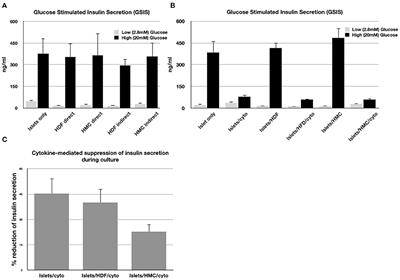EDITORIAL
Published on 08 Aug 2022
Editorial: Repair and regenerative mechanisms by stem/progenitor cells and secretome: The golden twenties of translational medicine
doi 10.3389/fmed.2022.901003
- 972 views
- 1 citation
10k
Total downloads
51k
Total views and downloads
EDITORIAL
Published on 08 Aug 2022
REVIEW
Published on 10 Jan 2022
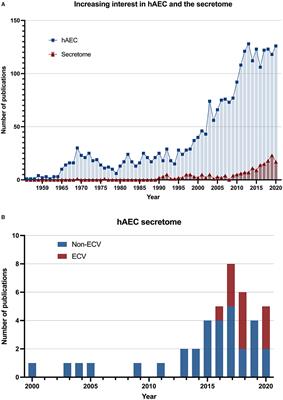
ORIGINAL RESEARCH
Published on 10 Nov 2021
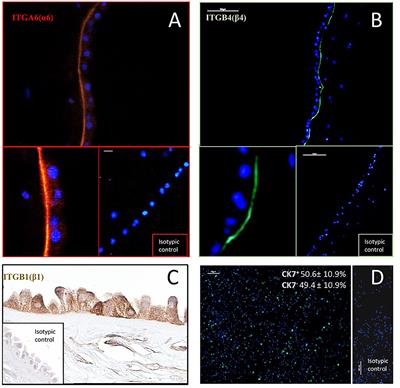
ORIGINAL RESEARCH
Published on 23 Sep 2021
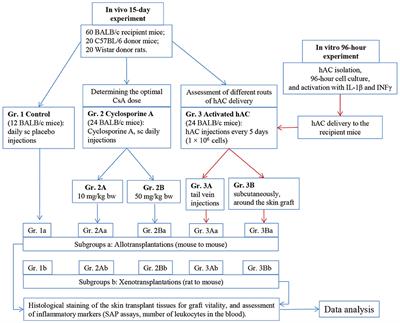
ORIGINAL RESEARCH
Published on 23 Sep 2021
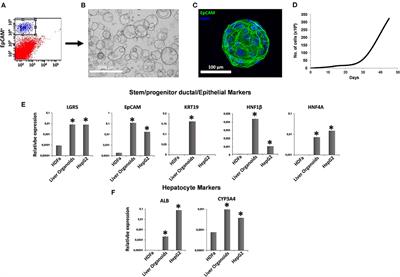
SYSTEMATIC REVIEW
Published on 03 Aug 2021
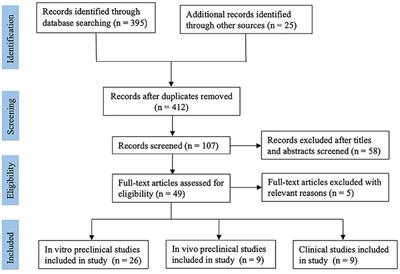
REVIEW
Published on 28 Jul 2021
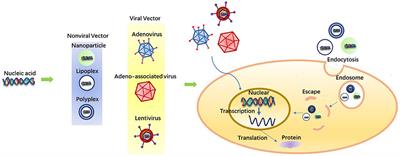
CASE REPORT
Published on 08 Jul 2021
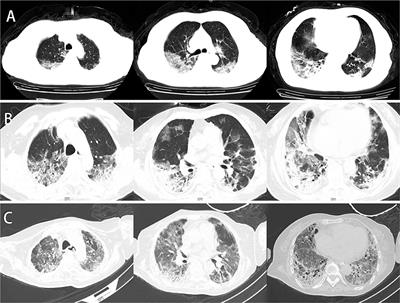
ORIGINAL RESEARCH
Published on 15 Apr 2021
